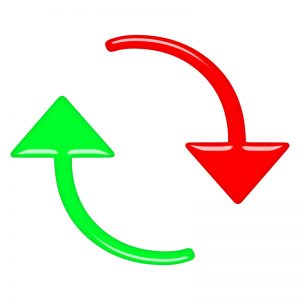Joel Mason, MD of Tufts University Medical Center kicked off the opening plenary session of the 2014 AICR Research Conference with a deep dive into one of the most intriguing and – to the public, at least – confusing and even frustrating areas of cancer prevention research.
As scientists learn more about the interplay between diet and cancer risk, it’s clearer than ever that the role of many dietary factors in several cancers is more complex than was once thought.
The entire plenary session of our research conference is focusing on the notion of the “Goldilocks Effect”– the idea that, for several dietary factors, the old idea of “more is better” is flatly wrong. (In scientific circles, this phenomenon is known as the “U-shaped curve,” which describes the graph of dose-response observed as consumption of a given dietary factor increases – from high risk (low consumption) to lower risk (adequate consumption) and back to high risk (high consumption).
Mason spoke on folate as a case in point: Habitually low consumption of folate is associated with higher risk for colorectal and other cancers, as low folate levels increase genomic instability in cells. But in some cases, getting too much folate in the diet has also been linked, in animal models and in some human studies, to increased risk. He stressed, however, that this finding remains controversial, as the evidence for a risk-increasing effect for folate is by no means as consistent as the evidence for its protective role. But until we learn more, he advised that the general population stick to the Institute of Medicine’s recommendation to limit folic acid intake to less than 1000 mcgs/day.
He also noted that the observed increase in risk is generally associated with levels of folic acid chiefly achievable via supplementation. “We need to stress that there is no evidence that a healthy, folate-rich diet is associated with increased risk. It’s tough to achieve more than 1000 micrograms per day through diet alone.”
Other speakers spoke on the increasingly nuanced lessons on selenium and vitamin E learned from the SELECT trial, which suggests that supplementation with these factors may increase risk for some tumors, in some populations. Other speakers spoke on the U-shaped link between selenium and prostate cancer, and the stubbornly confusing story of vitamin D and cancer risk.





